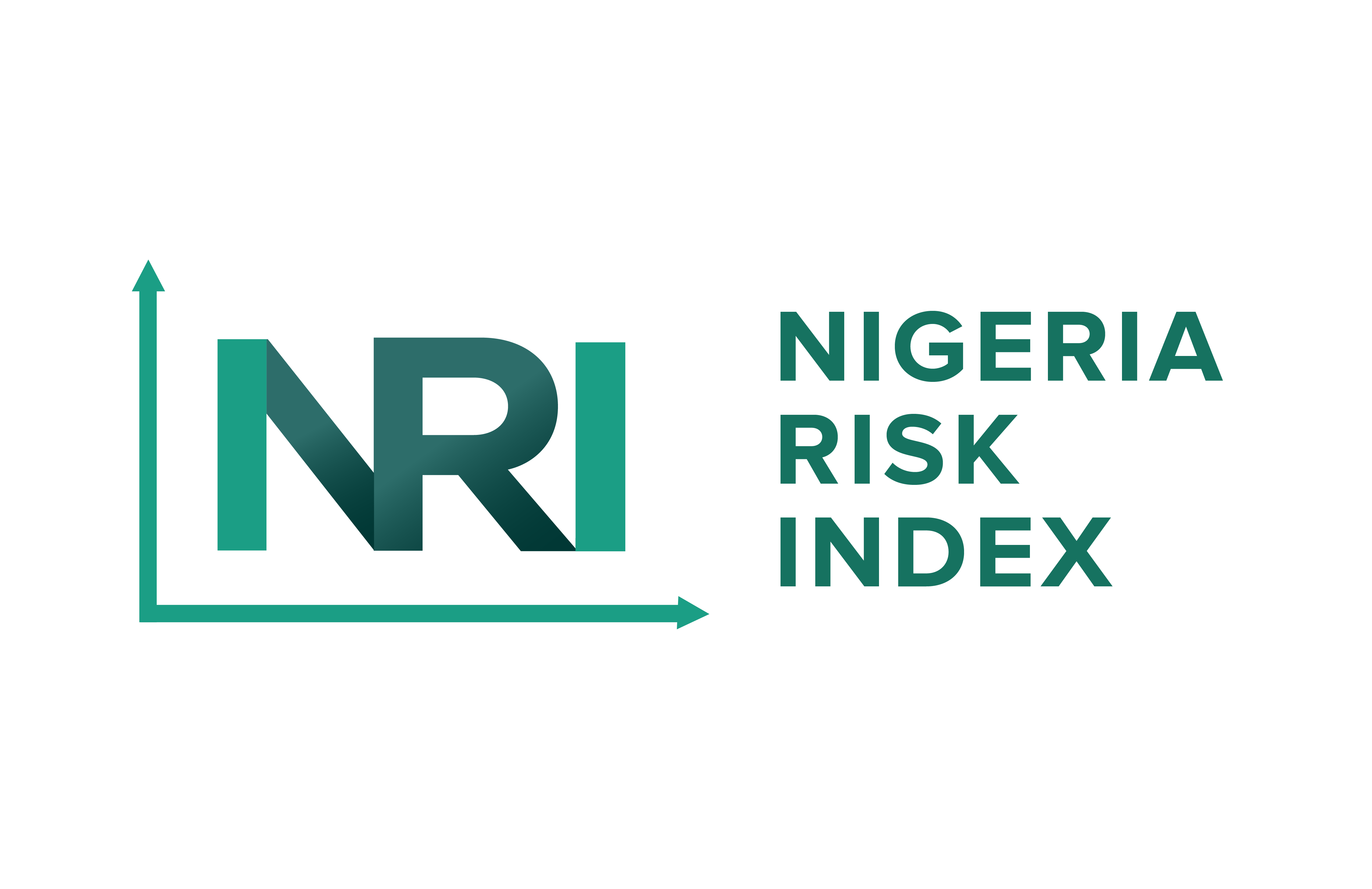Insights
In an era where the only constant is change, businesses must master the art of strategic risk management to stay ahead of the curve. The world is more interconnected and complex than ever, and with this complexity comes a host of risks that can challenge even the most robust organizations.
The Power of Local Knowledge
In a world where global events can have local impacts, understanding regional dynamics is more important than ever. Whether it's political instability, economic shifts, or cultural differences, local knowledge can provide a crucial edge.
Businesses should prioritize gathering and analyzing intelligence specific to the regions where they operate. This localized insight enables them to anticipate disruptions, respond more effectively, and ensure business continuity even when faced with unexpected challenges. By being in tune with the nuances of different regions, companies can turn potential risks into opportunities.
Balancing Innovation with Security
Technology is a double-edged sword in today's business world. On one hand, it drives innovation and efficiency; on the other, it introduces new vulnerabilities. The key is finding the right balance between embracing new technologies and maintaining strong security protocols.
Regular audits and vulnerability assessments are essential for identifying and addressing potential weak points in a company's digital infrastructure. By adopting cutting-edge security solutions and staying vigilant against emerging threats, businesses can protect themselves from the risks that come with technological advancement, while still reaping its rewards.
Financial Strategy in a Volatile Market
In an unpredictable economic environment, financial strategy becomes a cornerstone of risk management. Markets can be volatile, with sudden shifts in currency values, commodity prices, and investor sentiment creating uncertainty.
Businesses need to be proactive in managing financial risks, whether by diversifying investments, maintaining liquidity, or using hedging strategies to protect against market fluctuations. By staying financially prepared, companies can mitigate the impact of economic downturns and maintain stability in their operations.
Cultivating a Culture of Risk Awareness
A strong culture of risk awareness is the foundation of effective risk management. This involves not just the leadership team but employees at all levels, who must understand the potential risks and their role in mitigating them.
Open communication, regular training, and clear risk management protocols are essential for fostering this culture. When everyone in the organization is aware of the risks and committed to managing them, the business becomes more resilient and better equipped to navigate the complexities of the modern world.
The Future of Risk Management
As we look to the future, the ability to manage risks strategically will be a defining factor in a business's success. By focusing on local intelligence, balancing innovation with security, maintaining financial readiness, and cultivating a culture of risk awareness, organizations can not only survive but thrive in an increasingly complex world.

The Risk Control Team
Related Blog Posts
- GENOCIDE OF CHRISTIANS – IS NIGERIA GUILTY AS CHARGED?
- Is Nigeria under President Tinubu’s Administration, Finally Controlling Its Economic Risks?
- Northern Nigeria’s Peace Deals With Bandits: Truce or Time Bomb?
- The Dangote-Transporters Impasse: A Clash of Modernisation and Tradition
- Nigeria’s Mandatory Taxpayer Identification Number (TIN)Policy
